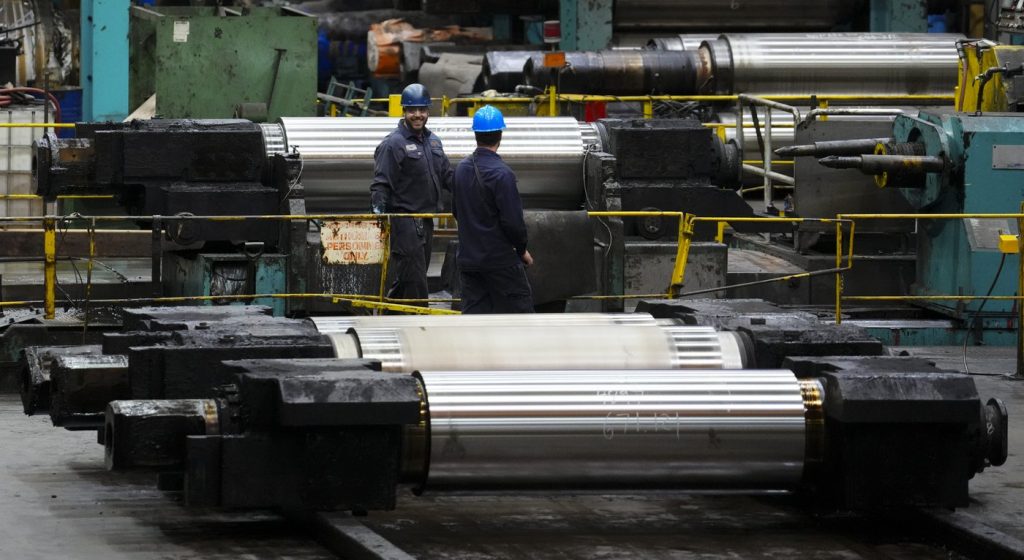According to Deloitte's latest economic outlook, Canada is facing an impending economic downturn exacerbated by tariffs as the temporary advantages gained from companies rushing to place orders diminish. The report highlights the growing uncertainty stemming from trade policies, with businesses preemptively adjusting their orders before tariffs are enacted, ultimately leading to a significant decline in investment and an uptick in unemployment rates.
Dawn Desjardins, the chief economist for Deloitte Canada, foresees a modest downturn on the horizon for Canada. The loss of free-trade access to the United States could have a more lasting impact, potentially decreasing Canadian real GDP by approximately three percent by the year 2030. The lack of clarity regarding the future makes long-term economic predictions challenging; however, Deloitte anticipates a contraction of Canada’s GDP by 1.1 percent in the second quarter of 2025, followed by an additional decline of 0.9 percent in the third quarter.
Despite this anticipated downturn, Canada is projected to experience a positive growth rate of 1.2 percent for the entirety of 2025, primarily driven by a surge in economic activity at the start of the year. Notably, the early uptick in activity is particularly pronounced in the machinery and equipment investment sector, which is expected to witness a dramatic 30 percent year-over-year increase in the first quarter. However, this growth is expected to be countered by a staggering 37 percent drop in the second quarter.
Overall business investment is projected to see a decline of 11.5 percent in the second quarter, with sectors such as construction also experiencing significant pullbacks. This reduction in investment and the cautious approach from businesses suggest impending job cutbacks across the economy. Deloitte forecasts that unemployment could peak at 7.5 percent in the third quarter before gradually declining to under seven percent in the following year.
In addition to the uncertainties surrounding U.S. tariff policies, there remains speculation about how Canada's re-elected Liberal government, spearheaded by Mark Carney, will respond to these changing dynamics. Deloitte suggests that government support is likely to emphasize infrastructure spending to adapt to evolving trade patterns. The effectiveness of these policies remains uncertain, but Desjardins believes there is potential for stronger-than-expected growth through a focus on improving productivity and diversifying trade.
Desjardins expressed optimism, stating, "If we can capitalize on this momentum, Canada’s economy may well find itself emerging from this shock stronger and more resilient." This sentiment underscores the importance of adaptability and strategic planning in navigating the complex economic landscape shaped by external trade policies and domestic investments.











